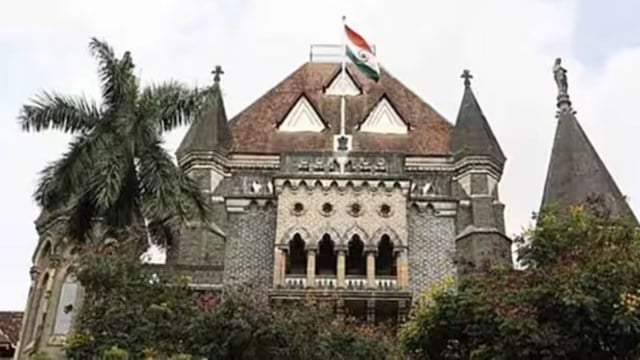‘Are you sure plastic flowers are biodegradable or can be recycled?’: Bombay HC asks Centre
The Bombay High Court also pointed to existing rules which provide for banning the production and sale of single-use plastic items less than 100 microns in thickness.
 The lawyer representing the Maharashtra Pollution Control Board (MPCB), however, submitted that it has recovered Rs. 17 lakh fine for the use of such plastic flowers.(File Photo)
The lawyer representing the Maharashtra Pollution Control Board (MPCB), however, submitted that it has recovered Rs. 17 lakh fine for the use of such plastic flowers.(File Photo)The Bombay High Court Wednesday questioned the Centre’s decision to exclude plastic flowers from the list of banned single-use plastic items while hearing a writ plea seeking a ban on the use of artificial flowers used for decoration or gifts.
The plea by the Growers Flowers Council of India (GFCI) raised concerns over the use of plastic flowers with a thickness of less than 100 microns. GFCI referred to a report of the International Association of Packaging Research Institutes (IAPRI) which stated that the maximum thickness of plastic flowers is usually 30 microns and the minimum and average thickness is 29 microns, which is less than 100 microns. The Council claimed in its plea that the Maharashtra Government banned several single-use plastic items through a March 2022 notification.
The bench of Chief Justice Alok Aradhe and Justice Bharati H Dangre orally questioned the Centre’s lawyer, “Are you sure that plastic flowers, which are so flimsy, are biodegradable or can be recycled?”
The bench also questioned that while the existing rules provide for banning the production and sale of single-use plastic items less than 100 microns in thickness, plastic flowers, which are used for decoration and are 30-micron, are not yet included in the list of prohibited items.
The lawyer representing the Maharashtra Pollution Control Board (MPCB), however, submitted that it has recovered Rs. 17 lakh fine for the use of such plastic flowers.
The court directed the petitioner to file a rejoinder affidavit to the Centre’s stand that the usage of plastic flowers was not prohibited by the next hearing after two weeks.
In July last year, the High Court noted that “there does not appear to be any impediment in prohibiting use and sale of plastic flowers of thickness less than 100 microns” and sought responses from the Centre and state government on the plea. The court asked authorities to take up the matter with “serious earnestness” in regard to the “impact of the use of plastic flowers of less than 100 microns thickness on the ecosystem and environment”.
In response, the Union Ministry of Environment, Forest and Climate Change (MoEFCC) filed an affidavit, stating plastic flowers are not included in the banned single-use plastic items’ list as they did not come under criteria of “high littering potential and low utility”. The Union ministry stated that the Central Pollution Control Board (CPCB) had forwarded the issue for its consideration but there was no supporting analysis for the same.
The Centre stated that an expert committee constituted by the Department of Chemicals and Petrochemicals (DCPC) had identified 40 single-use plastic items for detailed analysis. Plastic flowers were not part of the same. It also added that the Plastic Waste Management Rules, 2016, did not mention a requirement of a minimum thickness of 100 microns for plastic flowers.







